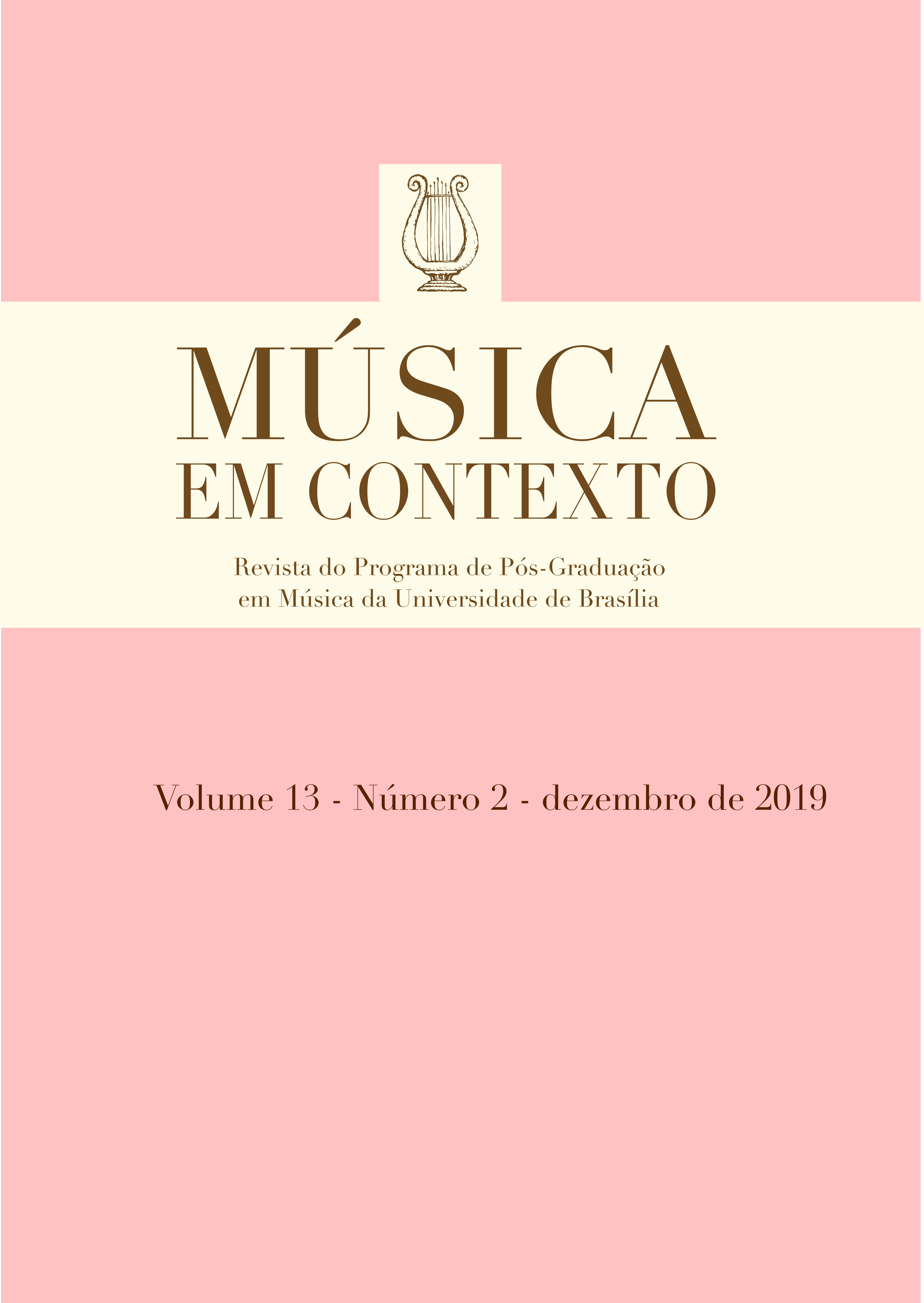Éthiopiques vs EthioSonic
about world music and globalized music
Abstract
This article deals with music influences post-WW2 between North and South and vice versa. It traces the concept of “World Music” emergence, then the adoption of African grooves by mixed bands as well as non-African musicians, opening the way to “globalized music”. Because Ethiopia remained never colonized over 3000 years (apart from five years under fascist Italian occupation), the modern part of the country’s musical culture remained totally unknown to the rest of the world. Recordings of modern (or urban) Ethiopian music were simply inexistent outside of the country before 1986, when other musics from Africa had kind of loud-speakers in the colonial capital cities Paris, London, Brussels or Lisbon, for example. A focus about Ethiopian musics through two music series (éthiopiques and ethioSonic) complete the scope of this study.
References
Anderson, Ian. 2000. “World Music History”. fRoots 201, March. https://frootsmag.com/world-music-history
Kebede, Ashenafi. 1979. “Musical innovation and acculturation in Ethiopian culture”. African Urban Studies 6, Winter: 77-88.
Falceto, Francis. 2002. “Un siècle de musique moderne en Éthiopie (précédé d'une hypothèse baroque”. Cahiers d'Études Africaines 168: 711-738. https://journals.openedition.org/etudesafricaines/1603
Marye, Hewan Semon. 2019. “Ityopyawinnät and Addis Abäba’s Popular Music Scene”. Aethiopica 22: 96-123. https://journals.sub.uni-hamburg.de/aethiopica/article/view/1048.
Downloads
Published
Versions
- 2019-12-25 (2)
- 2019-12-25 (1)
Issue
Section
License
Copyright (c) 2021 Música em Contexto

This work is licensed under a Creative Commons Attribution 4.0 International License.



